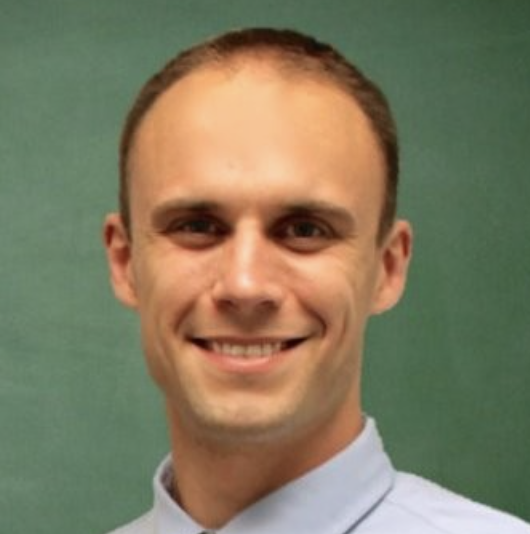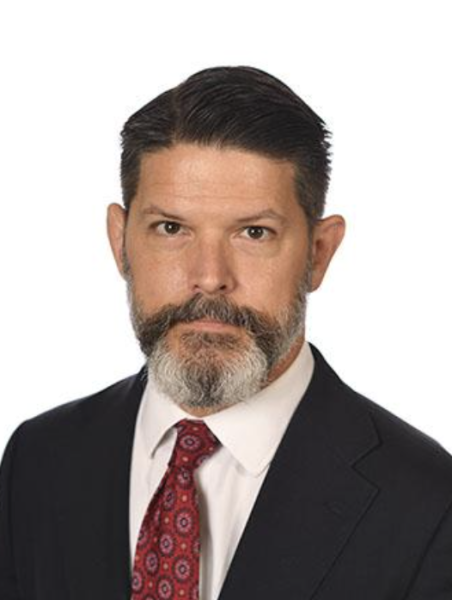Saint Anselm College is going through major changes in both academics and operations. From faculty retirements to construction projects, many are questioning what direction the college is heading in. As part of this, the Saint Anselm Faculty Senate has been in talks regarding the budget cuts that are expected to total roughly $5 million.
Conversations about the college’s budget began in September of last year. A major factor in these cuts are related to a theorized idea of a demographic cliff, where the college-going population is expected to shrink dramatically in the coming years.
The goal of these expected cuts are to place the college in strong positioning for the future amid these demographic declines. This fear of the demographic cliff comes as several liberal arts colleges and Catholic colleges announce closing their doors due to not getting enough students along with struggling with upkeep with their respective campuses, including Saint Rose College in Albany, New York and Magdalene College in Warner, New Hampshire.
However, in order to reach the $5 million goal, money is going to have to be taken out of academic instructions across the board. In a Faculty Senate meeting back in September 2023, College President Joseph Favazza explained to the Senate that academics correlate for approximately 43% of the school’s overall budget. In order to have a balanced cut, Academic Affairs would be cut by roughly $2 million. However, part of the current controversy stems from which departments will be hit hardest going forward.
During this meeting in September, a senator asked President Favazza for the reasoning behind the $2 million mark. President Favazza answered that the Academic Affairs budget includes direct costs. This would also include the cost of instruction and other utilities such as student services. President Favazza also wanted to make clear that this process overall would take a couple of years to complete and that these budget cuts would not take immediate effect.
There is also an added element to the budget cuts that need to be taken into consideration, which is the hierarchy of how these decisions are made. The first step is that the Senate makes recommendations to the Board of Trustees as to what the right course of action is. The Board then decides on the right solution based on the Faculty Senate’s proposals. After the Board makes their decision, the final jurisdiction on whether something should be passed is brought to the Abbot along with the rest of the Abbey to make the ultimate decision.
There has been speculation throughout campus that theology and classics would be targeted specifically. However, many also believe if that were the case, it would contradict Saint Anselm’s mission for a Benedictine, liberal arts education. Chair of the Theology department, Professor Bede Bidlack, believes that many graduates have reaped the benefits of theology in education. He continued to say “A robust exposure to Theology has always been a part of a Catholic liberal arts education. Methods and styles of education change, but the fundamental Truth who is the subject of the discipline of Theology, namely God, does not.”
He also emphasized the importance of these academic life skills post graduation and how a traditional St. A’s education separates them from others. “Graduates regularly report that they appreciate the training that they receive in their majors, but they find their theology and philosophy courses most meaningful to their lives.”
As the Faculty Senate searches for solutions into how to allocate the cuts, there has been talk about restructuring the whole core curriculum students go through during their time on the Hilltop. With restructuring the curriculum, there also comes the conflict as to how to restructure it. The Faculty Senate has deliberated two potential solutions. The first of which was to keep the curriculum as is and make cuts based on requirements. However, the biggest issue with this solution is that the scenario leads to departments to feel as one senator called “personal” and “targeted.”
The other scenario is to build an entire new core from scratch. This also would be geared more towards something similar to the Anselmian Pathways program that the college has considered implementing in the past. In this scenario, there would be some requirements that would be as the Senate called it “non-negotiable” that students would have to take, likely stemming from the humanities and liberal arts.
Both scenarios have received pushback within the Senate. A Senator during the December meeting pointed out the following regarding the Conversatio program: “While Conversatio needs revision, it’s disappointing that Scenario 1 reduces it to a single semester and Scenario 2 eliminates it entirely.” The requirement of Conversatio has also been a contentious point in these scenarios as it is tampered with in some way shape or form. If it is taken out all together, it would, as mentioned previously, potentially risk the College’s mission for a liberal arts education.
In terms of restructuring the core curriculum, the Senate has been in lockstep in the fact that the overall faculty should be involved in some way as to what to do next. Especially in regards to potentially losing classes and other funding. Professor Stephen Shea, a member of the Faculty Senate and chair of the math department, says that the faculty senate has decided to “save the liberal arts” rather than let it fade like other schools have decided to do in the wake of loss of interest in the liberal arts.
According to Shea the new plan implements the liberal arts more efficiently. Professor Shea continued to say “We’re optimistic that the new core will do a better job explaining to students how the different elements of the core collaborate and meet the College’s mission. We’re hopeful that the revision will give students more choice and encourage exploration to greater depth, potentially majoring or majoring in the liberal arts they find most appealing.”
While Saint Anselm College goes through major changes in preparation for the potential demographic cliff, there are still ways to go before any major curriculum changes are made. With potential jobs on the line, as well as maintaining the College’s mission, the Faculty Senate is confident to find a solution that pleases all parties involved and affected.




Anne Akada • Mar 5, 2024 at 1:15 pm
Good story. Have you shared it with Doug Lederman at Inside Higher Ed? Seems like it merits a national audience.